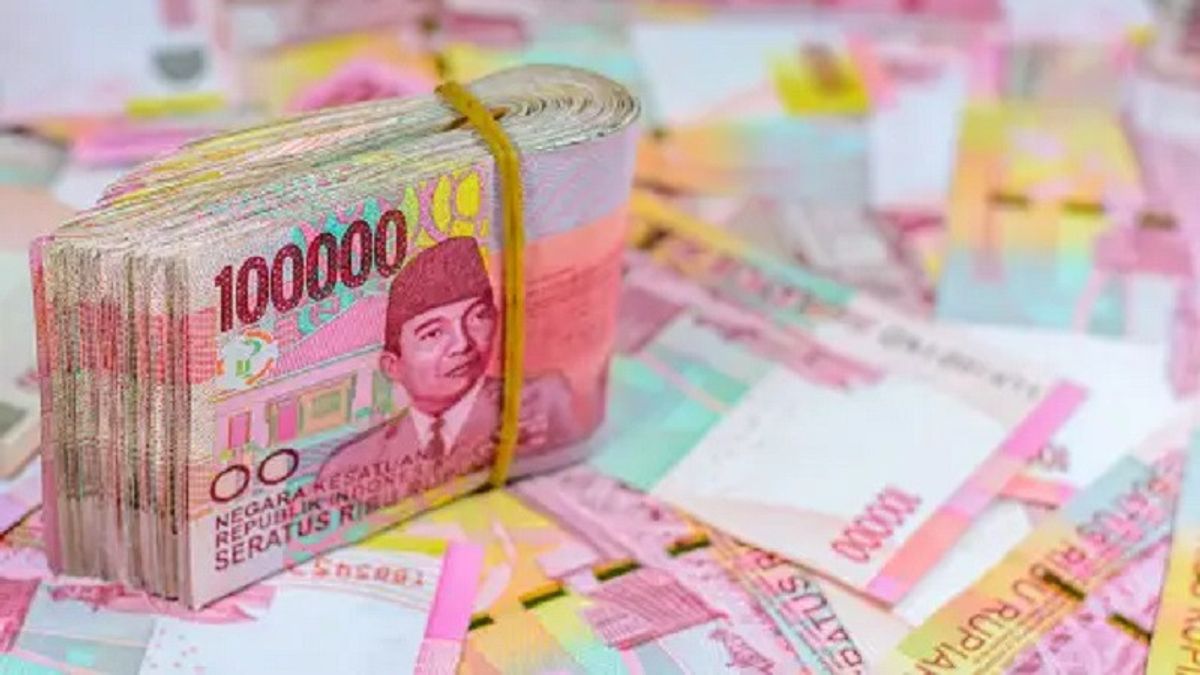JAKARTA - The increase in Value Added Tax (VAT) rates from 11 percent to 12 percent will be implemented starting January 1, 2025. This was emphasized by the Coordinating Minister for Economic Affairs Airlangga Hartarto.
Meanwhile, the thing behind this is Law Number 7 of 2021 concerning Harmonization and Tax Regulation (HPP) Article 7 (1): PPN Tariff as much as 12 percent is valid no later than January 1, 2025.
Economic Policy Analyst of the Indonesian Employers' Association (Apindo) Ajib Hamdani assessed that from a regulatory perspective, as long as there are no rules that cancel the article, the government will implement a policy of increasing the VAT rate.
"However, empirically, the government can postpone the implementation of these regulations. As well as the government has also postponed the collection of carbon taxes, which should be effective starting April 1, 2022," he explained in his statement, Monday, August 12.
However, Ajjib conveyed that in terms of regulations, implementation of regulations or implementation of regulations, depending on the willingness and orientation of the government.
According to Ajib, the implementation of the VAT rate increase tends to be more due to the budgetery aspect, namely the fiscal function to increase state revenues.
Meanwhile, VAT and PPnBM revenues in 2023 amounted to IDR 764.3 trillion. Assuming economic growth of 5 percent and inflation of 2.5 percent in 2024 and 2025. So that the increase in VAT rates by 1 percent will contribute to additional revenues of not less than IDR 80 trillion in 2025.
"If it is true that this budgetee aspect is the government's consideration, there should be a more in-depth study, because the trend of people's purchasing power is experiencing a decline," he said.
Based on data from the National Socio-Economic Survey (Susenas) by Bank Mandiri, it shows that the middle class has decreased from 21.45 percent in 2019 to 17.44 percent in 2023.
Meanwhile, based on the Institute for Economic and Community Research (LPEM), the University of Indonesia also stated that 8.5 million Indonesians fell to a lower economic class in the 2018-2023 range.
SEE ALSO:
On the other hand, based on macroeconomic data, it shows that Indonesia's Gross Domestic Product (GDP) is significantly more than 60 percent supported by household consumption.
Therefore, Agjib said that if the weakening of people's purchasing power continues to be burdened by counterproductive fiscal policies, the Prabowo Gibran government's target, which targets economic growth to be quite aggressive, will face obstacles.
"The government must carefully consider policies to increase VAT rates. There must be fiscal incentives that are relevant to people's purchasing power and also the business sector to continue to run well," he explained.
The English, Chinese, Japanese, Arabic, and French versions are automatically generated by the AI. So there may still be inaccuracies in translating, please always see Indonesian as our main language. (system supported by DigitalSiber.id)
















